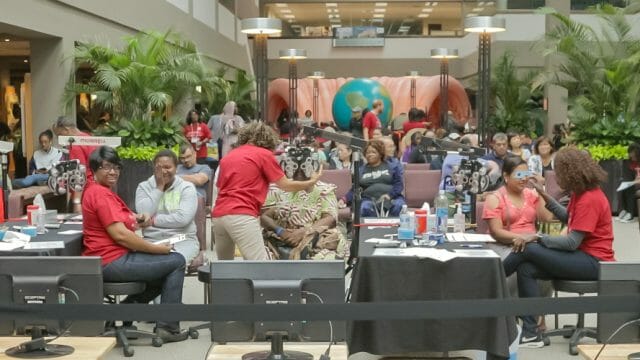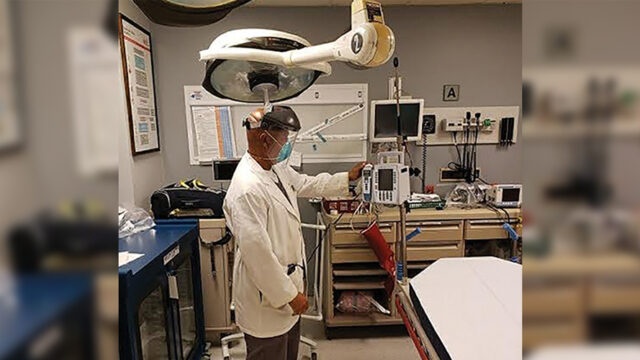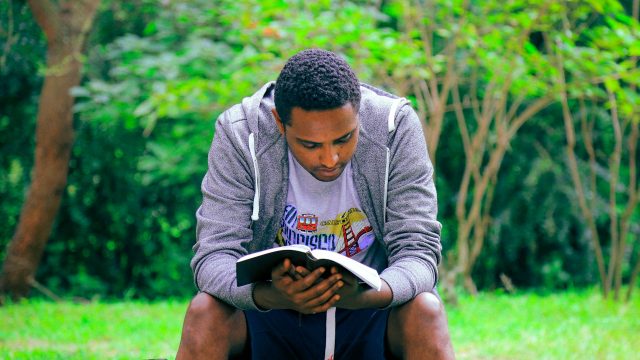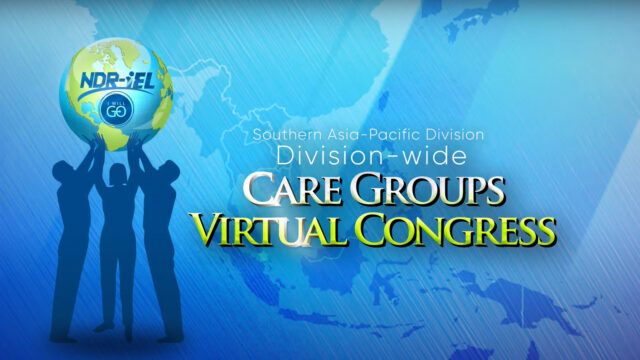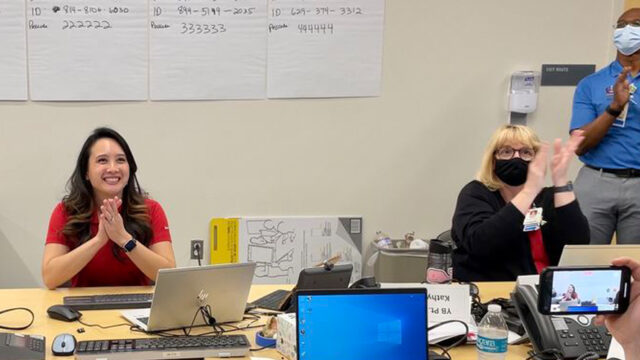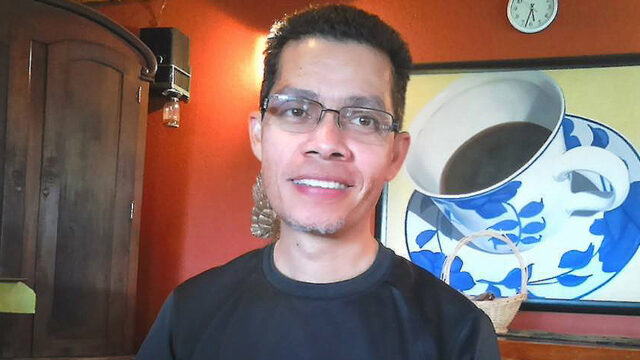In a landmark case, medicine student is now free from Saturday classwork and exams.
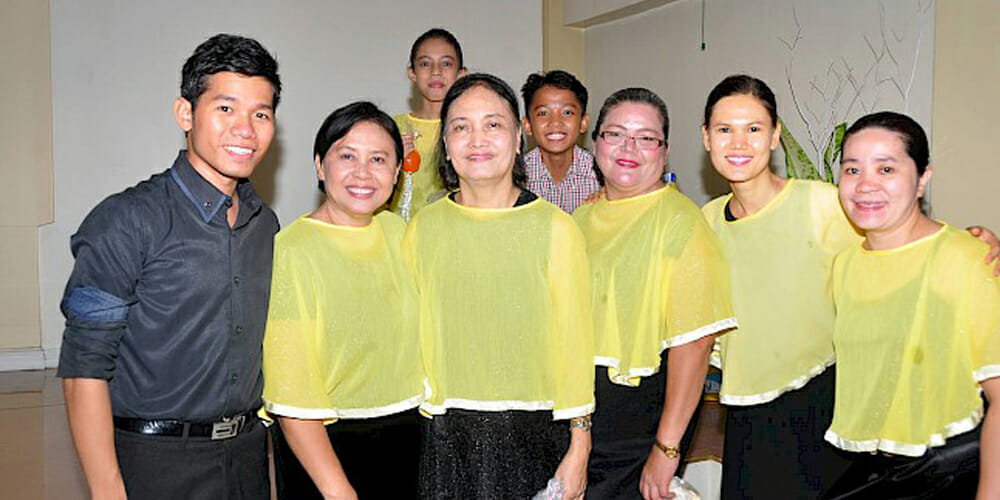
In what has been called “a landmark decision,” the Supreme Court of the Philippines ruled in favor of a Seventh-day Adventist student and his constitutional right of freely observing a day of rest according to his conscience. The ruling, which dates back to July 2017 but was recently made public, benefits petitioner Denmark Valmores, who filed a case against Mindanao State University-College of Medicine (MSU-COM) Dean Cristina Achacoso and faculty member Giovannie Cabildo.
Valmores’ filing resulted from the respondents’ incessant denials to the petitioner’s religious rights of exemption from classwork and exams on Saturdays, the biblical day of rest that Seventh-day Adventists observe. It also denounced the respondents’ non-compliance with Section 5 of the Bill of Rights of the 1987 Philippine Constitution. Section 5 states that ‘the free exercise and enjoyment of religious profession and worship, without discrimination or preference, shall forever be allowed.’
Valmores’ attorney Neil Abayon, an Adventist and Aangat Tayo Party List Representative, said that this development encourages the Seventh-day Adventist Church to assign greater value to religious freedom. Abayon also believes the ruling solidifies Adventists’ identity as a people who observe the Lord’s day of rest.
“Impact is very big considering one of the most used arguments against the Seventh-day Adventist community when we ask for recognition of our religious freedom rights is bakit si ganyan pumapasok naman ng Sabado (How come one of your Adventist friends goes to school on a Sabbath?),” said Abayon, citing a common rebuttal to those seeking permission to be excused on that day. “In the Valmores case, it was clarified by the Supreme Court that adherence to one’s creed is the general rule and that a person cannot be penalized for the transgressions of another person’s religious beliefs,” he said.
The case started in 2014 when some of Valmores’ classes and examinations were moved to Saturday. On one occasion, Valmores failed to take his Histopathology laboratory examination because it was scheduled on a Sabbath. After missing his examination, he received a failing grade and was deemed ineligible to take any makeup tests.
In response, Valmores wrote the dean and faculty member requesting an exemption from doing any class-related work on Saturdays, while expressing his willingness to take a special examination. After sending several formal communications including sending a Certificate of Membership to the Seventh-day Adventist Church signed by Public Affairs and Religious Liberty (PARL) North Central Mindanao Conference (NCMC) director Hanani Nietes, Valmores received no answer.
Valmores’ predicament encouraged him to elevate the case and pursue assistance from the Commission on Higher Education (CHEd). The issue was addressed accordingly and was referred directly to MSU president Macapado Abaton Muslim. In response, Muslim sent Dean Achacoso a copy of the 2010 CHEd Memorandum as her reference for the ongoing complaint raised by Valmores. Both Achacoso and Cabildo remained silent after receiving the instruction. This silence urged Valmores to take legal action as his religious right was being suppressed and tested.
Four years after Valmores filed the case, the highest court in the Philippines ruled in favor of the Adventist petitioner, stating that ‘educational institutions are bound to safeguard the religious freedom of their students. Thus, to such end, our schools carry the responsibility to restrict its academic liberties, should they collide with constitutionally preferred rights.’
“The Valmores case can be classified as a landmark case due to it being the first case questioning the Sabbath-keeping faith of Seventh-day Adventists,” said Abayon. “Thus, [it] will most likely be discussed in law schools under the Constitutional Law 2 subject. So, in effect, the next generation of lawyers will be made aware of what Sabbath-keeping is about.”
Valmores is continuing his education in the same university while exercising his religious freedom.


